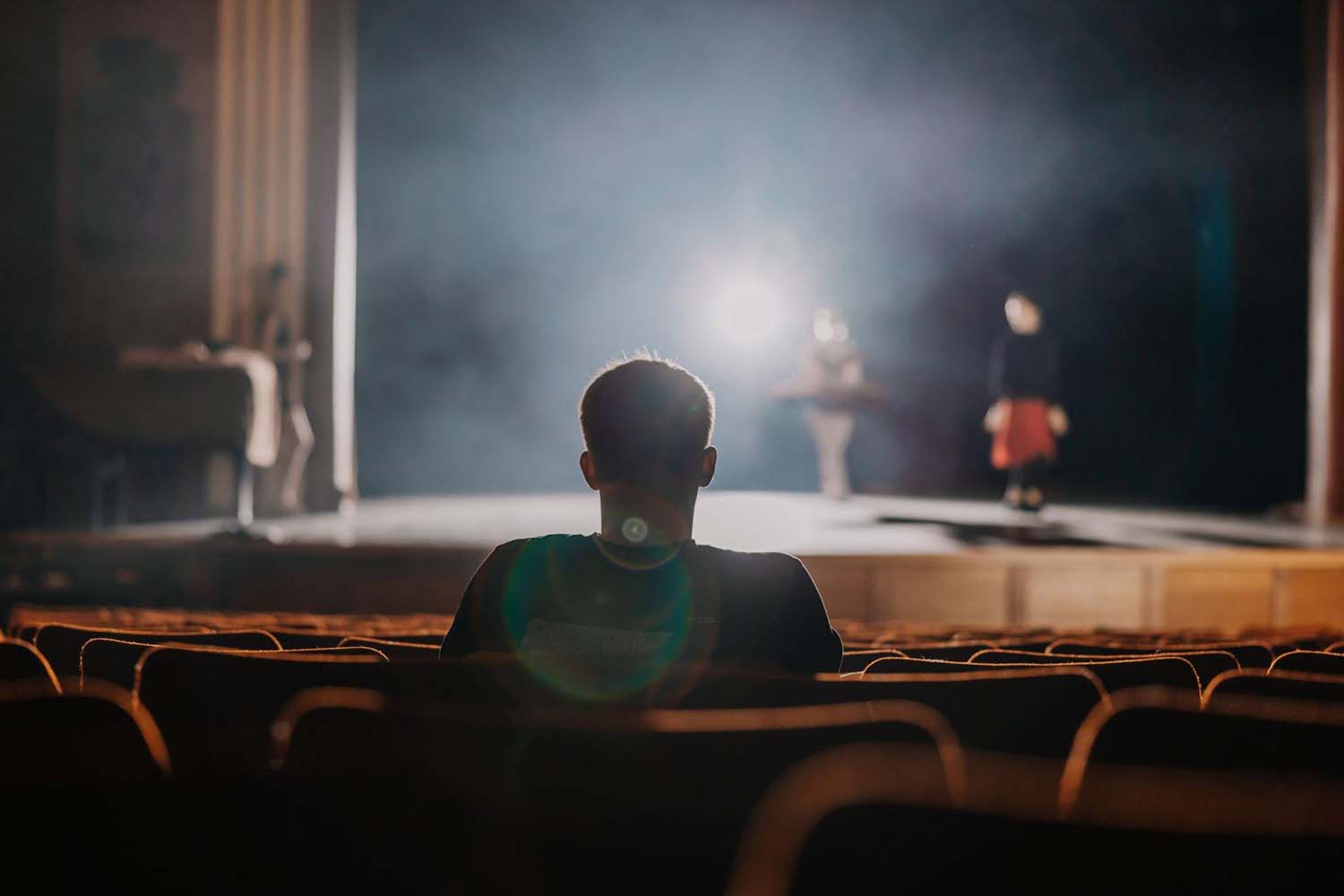The enchanting pull of theatre is an age-old fascination that continues to resonate in the hearts and minds of those who participate, either as performers or audience members. Theatre’s potent ability to evoke emotion and transport people to different worlds is undeniably tied to the music that accompanies the performance.
In this blog post, we will delve into the power of music in theatre, analysing how soundtracks serve as vital tools in creating and enhancing emotions. We’ll uncover seven critical ways music has shaped the theatre experience.

1. Setting The Tone
One of the quintessential examples of music’s role in setting the tone of a production is seen in the hit musical Mamma Mia at Buell Theatre. The vibrant ABBA songs infuse the performance with energy, love, and nostalgia, transforming the ambiance of the theatre.
The pop-infused soundtrack catapults the audience into the colourful world of the characters, giving life to the emotional highs and lows of the story. The score not only complements the narrative but becomes a character itself, providing a pulse that breathes life into the production.
2. Enhancing Emotional Depth
Music has the innate ability to touch the deepest recesses of the human soul. A soft melody or an intense crescendo can evoke feelings that mere words cannot.
By employing particular musical pieces at key emotional junctures, theatre makers can heighten the impact of a scene, turning it from memorable to unforgettable. The subtle use of instruments and composition can translate complex emotions into a universal language understood by all.
3. Creating A Sense Of Time And Place
Musical compositions can immediately transport audiences to a different era or location. Whether it’s the pulsating rhythm of a cityscape or the gentle strumming that evokes a rural setting, music sets the stage even before the actors begin their lines. This creates a rich backdrop that allows audiences to fully immerse themselves in the world of the play or musical.
4. Guiding The Narrative
Soundtracks often act as a roadmap, guiding the narrative flow of the production. The shift from a joyous tune to a melancholy melody can signify a turning point in the plot, signalling to the audience that a change is afoot. Music is an unspoken guide, leading viewers through the twists and turns of the storyline.
5. Enhancing Character Development
Characters are the heart of any theatrical performance, and music plays a pivotal role in shaping and revealing their personalities. Through specific melodies, rhythms, and lyrics, composers provide insights into a character’s thoughts, feelings, and motivations.
This adds layers of complexity, making the characters more relatable and real to the audience.
6. Building Suspense And Momentum
Music has the uncanny ability to build tension, suspense, and momentum within a scene. The gradual increase in tempo, the addition of instruments, or the sudden silence can ignite anticipation, keeping the audience on the edge of their seats. This dynamic manipulation of sound plays a crucial role in maintaining engagement and driving the plot forward.
7. Fostering A Collective Experience
Finally, the communal nature of music fosters a sense of togetherness among the audience. Shared melodies and harmonies create a bond, a collective experience that unites people regardless of their background or beliefs. This communal feeling is vital in creating a memorable theatre experience, transcending the performance and resonating long after the curtains close.
Conclusion
The mesmerising world of theatre is incomplete without the multifaceted role of music. From setting the tone, to enhancing emotional depth, building suspense, and creating a shared experience, music is an integral part of the theatrical landscape.
It goes beyond mere accompaniment, becoming a living entity that shapes, guides, and breathes life into every performance. The alchemy of notes, rhythms, and melodies continues to be a powerful tool in the hands of those who craft the magic of theatre, a testament to the universal and timeless power of music.








